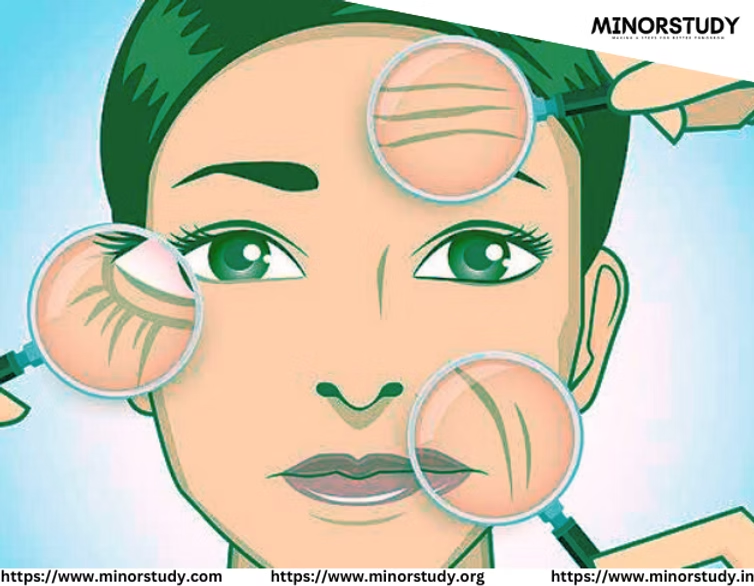Dermatology: An Overview
Dermatology is the branch of medicine focused on diagnosing, treating, and managing diseases and conditions of the skin, hair, nails, and mucous membranes. Dermatologists specialize in both medical and cosmetic issues, addressing everything from acne and psoriasis to skin cancer and aesthetic treatments.
Key Components of Dermatology
Component | Description |
Medical Dermatology | Focuses on diagnosing and treating skin conditions and diseases like eczema, acne, and rosacea. |
Surgical Dermatology | Involves procedures like mole removal, biopsies, and skin cancer surgeries. |
Cosmetic Dermatology | Focuses on aesthetic treatments like Botox, fillers, and laser therapy. |
Pediatric Dermatology | Deals with skin conditions specific to children, such as birthmarks and rashes. |
Dermatopathology | The study of skin disease at a microscopic level through biopsies and lab analysis. |
Common Conditions Managed in Dermatology
Condition | Description |
Acne | A common skin condition caused by blocked hair follicles and excess oil production. |
Eczema | A group of conditions causing inflammation, redness, and itching of the skin. |
Psoriasis | An autoimmune condition characterized by rapid skin cell production leading to scaling. |
Skin Cancer | Includes melanoma, basal cell carcinoma, and squamous cell carcinoma. |
Rosacea | Chronic facial redness and visible blood vessels. |
Alopecia Areata | Autoimmune condition causing hair loss. |
Vitiligo | Loss of skin pigment in patches due to immune system attack on melanocytes. |
Fungal Infections | Includes athlete’s foot, ringworm, and nail fungus. |
Warts | Caused by the human papillomavirus (HPV). |
Techniques and Procedures in Dermatology
Procedure | Purpose |
Skin Biopsy | Removing a small sample of skin for laboratory analysis. |
Cryotherapy | Using liquid nitrogen to freeze and remove warts or skin lesions. |
Laser Treatments | Used for hair removal, scar reduction, and treatment of vascular lesions. |
Chemical Peels | Exfoliating the skin using a chemical solution to treat acne scars, wrinkles, and discoloration. |
Botox and Fillers | Cosmetic treatments to reduce wrinkles and add volume to the face. |
Dermabrasion | A surgical procedure to remove damaged skin layers for smoother texture. |
Importance of Dermatology
Skin Health Maintenance: The skin is the largest organ and a vital barrier; maintaining its health is crucial.
Cancer Detection: Dermatologists play a critical role in identifying early signs of skin cancer.
Cosmetic Enhancement: Treatments improve confidence and appearance through advanced procedures.
Chronic Condition Management: Long-term skin conditions like psoriasis and eczema require expert care.
Dermatology in Medical Education
Year of Study | Topics Covered |
Preclinical Years | Anatomy, histology, and pathology of the skin. |
Clinical Years | Diagnosis and treatment of common dermatologic conditions through hands-on training. |
Residency | Focused training in dermatology, including surgical and cosmetic techniques. |
Subspecialties in Dermatology
Subspecialty | Focus Area |
Dermatopathology | Microscopic diagnosis of skin diseases. |
Pediatric Dermatology | Managing skin conditions in infants, children, and adolescents. |
Cosmetic Dermatology | Aesthetic procedures like fillers, laser therapy, and Botox. |
Mohs Surgery | A specialized surgical technique for removing skin cancer. |
Immunodermatology | Diagnosis and management of immune-mediated skin conditions. |
Table: Common Conditions and Treatments in Dermatology
Condition | Common Treatments |
Acne | Topical treatments, antibiotics, retinoids, and laser therapy. |
Eczema | Corticosteroids, moisturizers, and antihistamines. |
Psoriasis | Phototherapy, biologics, and systemic treatments like methotrexate. |
Skin Cancer | Mohs surgery, excisions, cryotherapy, and radiation therapy. |
Fungal Infections | Antifungal creams, oral antifungals, and hygiene education. |
Vitiligo | Phototherapy, corticosteroids, and depigmentation therapy. |
Alopecia Areata | Corticosteroid injections, topical immunotherapy, and hair transplants. |
Key Figures in Dermatology
Dermatologist | Contribution |
Dr. Frederic E. Mohs | Developed Mohs micrographic surgery for skin cancer. |
Dr. Jean-Louis Sebagh | A pioneer in anti-aging treatments and cosmetic dermatology. |
Dr. Thomas B. Fitzpatrick | Introduced the Fitzpatrick Skin Type classification system. |
Conclusion
Dermatology combines medical expertise with innovation to ensure optimal skin health and aesthetic well-being. From managing chronic skin diseases to advancing cosmetic treatments, dermatology plays a pivotal role in improving patients’ quality of life.








